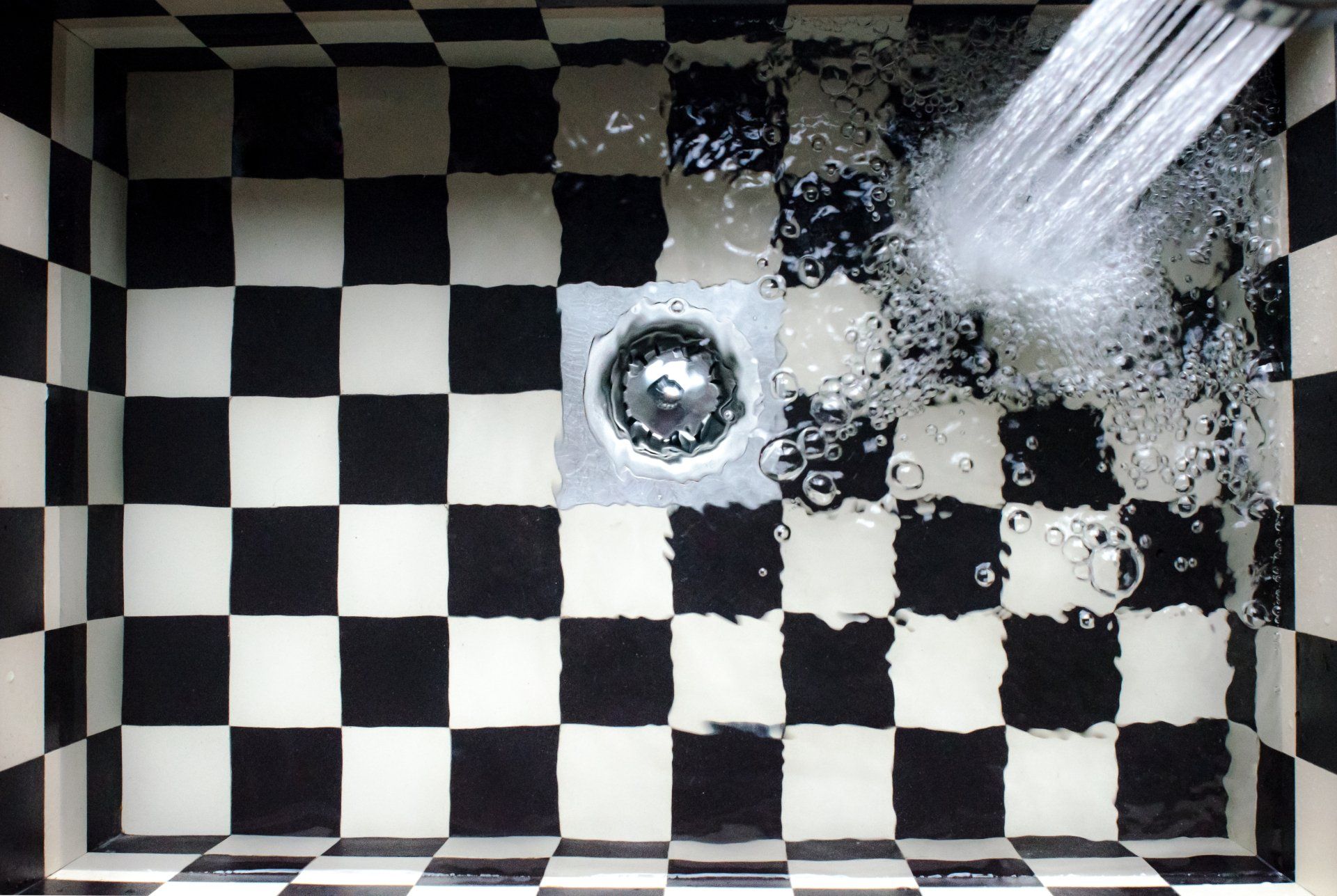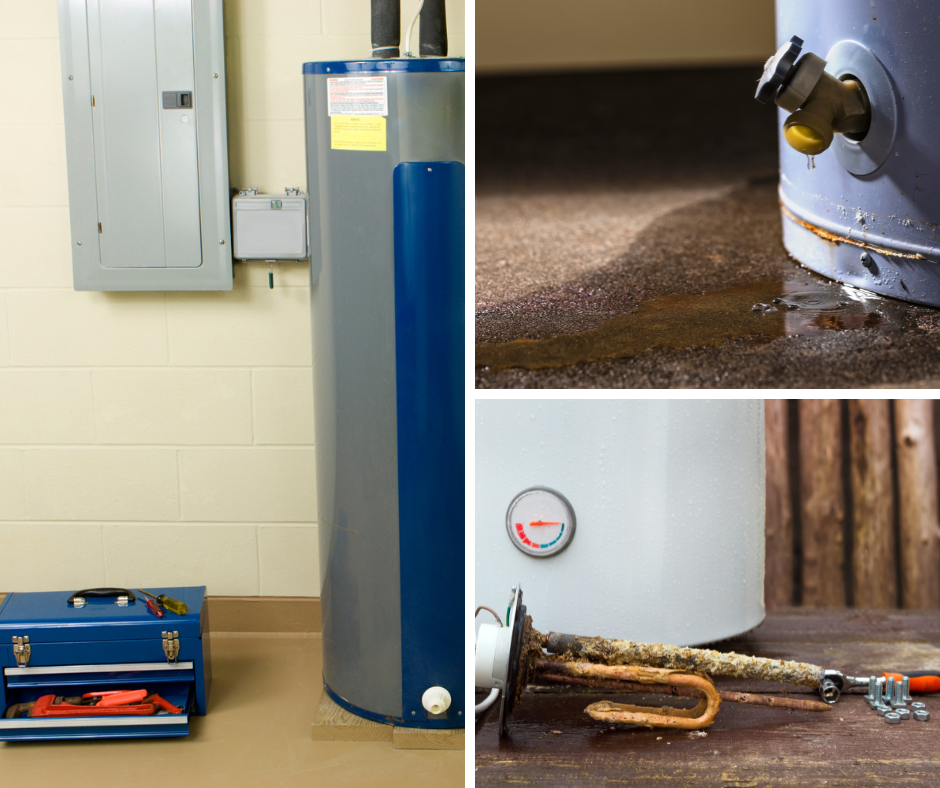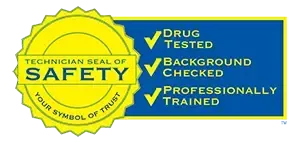What To Do While You Wait For an Emergency Plumber
From burst pipes to clogged drains, even the best-kept homes have unexpected plumbing problems. The first thing you need to do? Call an emergency plumber ASAP. At Ruiz Plumbing Industries, Inc. we are on call 24/7 for your plumbing emergencies. For a plumbing emergency, please call us at 352-667-1515. And while you wait, here’s what you can do to prevent damage and lower your repair costs.
Is it an emergency? Uncommon signs of a plumbing emergency
Most people think plumbing emergencies are easy to spot. A burst pipe, for example, will instantly flood the room. If you hear a loud crack and then have water everywhere, you need to call an emergency plumber as soon as possible!
But there are many serious plumbing issues with almost imperceptible signs. Here are the signs of a plumbing emergency, in case you’re wondering whether you should call the experts:
Water stains on the ceiling or walls
Water stains should never be ignored, but on the ceiling and walls they are especially telling. Any discolored spots likely come from dripping water somewhere in your system. Unfortunately, most people think it’s a minor repair they can put off for a later time, but this is not the case. It means water damage has already happened, and it will continue to wreak havoc on your home’s structure until fixed. The faster you get a plumber to come, the less expensive it will be for you.
Multiple slow drains
A poorly draining bathtub or sink is just annoying. However, if there are several slow drains in your home, there’s something going on deep in the drainage system of your home. We’ve seen several times how multiple slow drains are the only sign of a problem with the main sewer line, and sewer line repairs are always an emergency. If your sinks are “clogged” all at once, call a plumber ASAP.
Your hot water comes out red
Also called red discoloration, this is a sign of rust in your water system. If the red tint only appears after not using a faucet for weeks, then disappears a few seconds after being in use, it’s not an emergency. But if the reddish-pink water stays and doesn’t clear up with use, your system is one breath away from complete failure. Rusty hot water means your water heater is corroded and on the verge of giving out. Avoid running out of hot water by calling the plumber as soon as you notice the tint.
Sudden drop in water pressure
Another sign of a water heater in need of urgent repair, drops in water pressure can also signal issues with your home water supply. Unless it was announced by your local authorities, it’s best to get a plumber to look at the whole system.
What to do in case of a plumbing emergency?
Whether you spot any of the signs above, or have a real-life flood in your living room, the first thing to do when you realize there’s something going on is call an emergency plumber.
The longer you wait to get an expert, the more damage you’ll deal with and the more expensive it will be for you.
In this case, prevention is key: keep on hand the number of a local plumber with good reviews. This will save you headaches and time when emergencies do happen. It’s important to get a local plumber: they won’t get lost while getting to your home and they’ll be able to arrive faster. When it comes to plumbing emergencies, every minute counts.
What to do while waiting for an emergency plumber?
Now that you know there’s a plumbing emergency going on, what to do? While you wait for the emergency plumber to arrive, here are a few best practices to keep in mind:
1. Don’t panic
It’s easy to let emotion run over, but losing control won’t help the issue. As soon as you realize something is going on, take a deep breath and try to remain calm. If there’s kids, pets or elderly people in the house, the first thing is making sure they are safe, dry and out of the way.
Let the rest of the household know what is going on and, if possible, remove them from the affected areas in a calm way. This makes sure your emergency plumber has space to work as soon as they arrive.
2. Shut off the water supply
Even though you can’t fix a plumbing emergency by yourself, you can help prevent further damage. Since water damage is the main consequence of plumbing emergencies, it’s key to shut off the water supply to prevent even more water from getting out.
To do this, you need to locate the main water shutoff valve. Its location depends on your home’s layout, as well as whether your home is hooked to the city or the county water system, versus a private well or pump.
For those hooked to a private well or pump, the most common locations of the main valve are:
- Outside or near the pump itself, in a box on the ground. If left unattended, these can fill with dirt so you might have to dig (carefully) until you find the valve.
- By the pressure tank: To locate it, find the spot where the water pipes go into your home and follow them. Usual spots for the pressure tanks are the garage or a closet.
If you’re connected to the city or the county water supply, here are the usual locations of the main valve:
- In the front yard, where your property and the street meet: This is the most common location, since it makes it easier for firefighters in case of need. Look for a plate at ground level: sometimes it’s even labeled as “water”.
- Attached to your exterior wall: This is only possible in warm weather, so some Florida homes have the valve closed to the house instead of on the front yard.
- Inside your home (garage, laundry room, or basement): Often done in colder climates, it ensures the main water line doesn’t freeze in winter.
3. Ensure electrical safety
As a general rule, you should shut off the power, gas and electricity as soon as you realize there’s an emergency. With plumbing problems, shutting off the power is especially important to prevent accidents.
To start, go to your circuit breaker box and shut everything off. This box is usually located near the door of your home or in the garage.
PRO TIP: Never touch the breaker box if you have to stand in water to do so. The risk of electrocution is very high. If you can’t safely reach the box, call an emergency electrician so they can shut the power off from the meter.
Then, go back to the affected area and unplug all appliances and electronic devices. If possible, move them to a dry area where they’ll be safe.
Finally, after the emergency has been solved, examine every item to assess the damage. Have a licensed electrician examine water-damaged items they’ll be able to know if it is safe to continue using them. Never plug in an appliance that is still wet or is in standing water.
4. Remove excess water
If you have standing water, you can start the cleanup process even if your plumber hasn’t arrived. Once the water is shut off, clear the affected area of furniture and other items. Then, use towels and old rags to soak up as much liquid as possible. If there really is a lot of water on the floor, you can also scoop it into a bucket using smaller containers. Mops are also helpful to dry everything off.
5. Take pictures
Although pictures won’t solve the problem, an accurate report can help make the insurance claim a smoother process. Home insurance generally covers plumbing issues such as leaks, pipe bursts and malfunctioning heaters, but check your policy to be sure.
If you can, get your phone or camera to record the date and time, and try to get both general pictures and close-ups of the origin of the damage. At this point, keep any receipts so you can file those for reimbursement.
If you have a plumbing emergency, call Ruiz Plumbing Industries, Inc. at 352-667-1515 right away. We offer a full range of emergency plumbing services 24 hours a day, 7 days a week: just let our team know and we’ll be there in no time.






